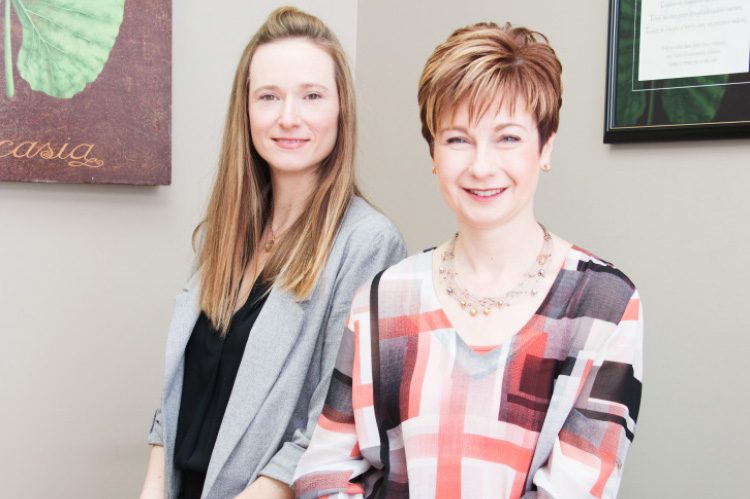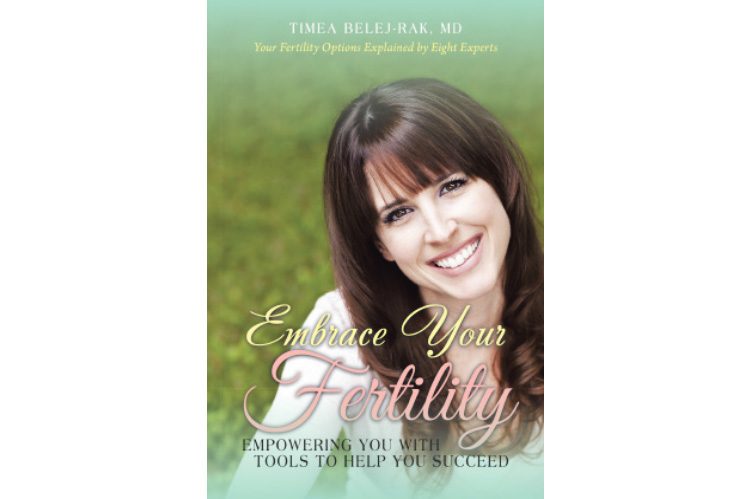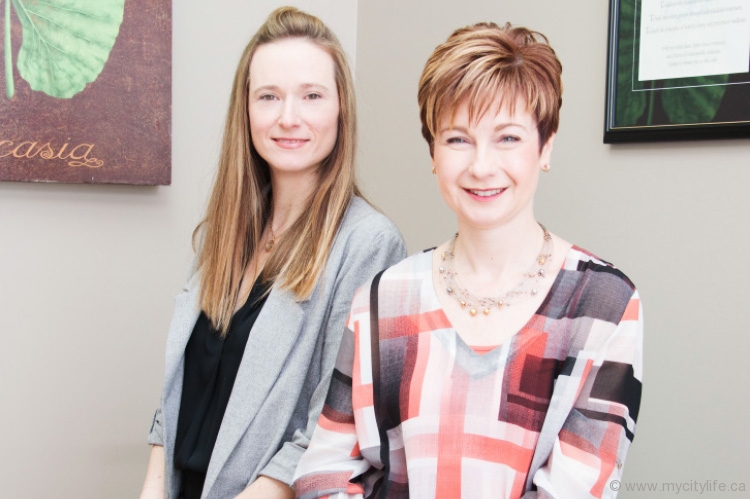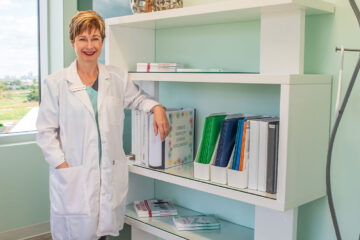Revealing The Full Potential For Your Well-Being And Fertility
In this issue of City Life Dr. Belej-Rak, MD, and Dr. Wylde, ND, talk to us about PCOS and thyroid health.
Q.What is polycystic ovary syndrome (PCOS) and how does it affect fertility and well-being?
A.PCOS is an endocrine disorder that affects 10% of the population. Symptoms include irregular periods, increased male hormones (androgens) causing hair growth in irregular places, hair loss, acne and often weight gain. PCOS can affect egg quality, however it is highly treatable.
Q.When should patients seek medical attention and what treatments are available?
A.A history of irregular periods should be addressed during family planning, but may be addressed sooner if a young woman notices a combination of symptoms. Medical treatments available include medication, injectable drugs, checking for impaired glucose tolerance, surgery and IVF. Natural treatments include lifestyle changes including weight loss, a low glycemic index diet, healthy exercise routine, keeping stress levels low, and evidence based supplements. Anti-Müllerian hormone (AMH) testing is recommended for a comprehensive view of the severity of PCOS in patients.
Q.What are the symptoms indicating possible thyroid issues?
A.Symptoms may include weight gain, thinning hair, lethargy, swelling in the legs, sluggish bowels and fatigue.
Q.How does a patient confirm their thyroid is under-active?
A.Your doctor can issue a blood test (TSH).
Q.What if the blood test (TSH) comes back normal and the patients still display symptoms of hypothyroid?
A.It’s important to note that there are different acceptable blood TSH levels for fertility and to prevent miscarriage. If a patient displays many symptoms of an under-active thyroid, combined with a family history of thyroid issues, she can request a full thyroid panel, including thyroid antibodies for a more comprehensive assessment.
Q.When is a thyroid more likely to be imbalanced?
A.During times of stress, alongside hormonal fluxes in the body including pregnancy, post-partum and menopause.
Q.What are the treatments available for an under-active thyroid?
A.Medical treatments include prescribed thyroid medication. Natural treatments include vitamins and mineral supplements, including selenium, vitamin D3 and zinc, that maintain a healthy immune system. Most importantly patients should listen to their bodies and know they have not failed if they need to take medications. These conditions are very common and treatable. Combining treatments often offer the best results.
Contact us for your consultation today.
Dr. Timea Belej-Rak, MD
201-9955 Yonge St., Richmond Hill
905-237-4411
www.femwellness.ca
Dr. Tanya Wylde, ND
1160 Clarence St., Woodbridge
905-850-5142
www.drtanyawylde.com
















































































No Comment